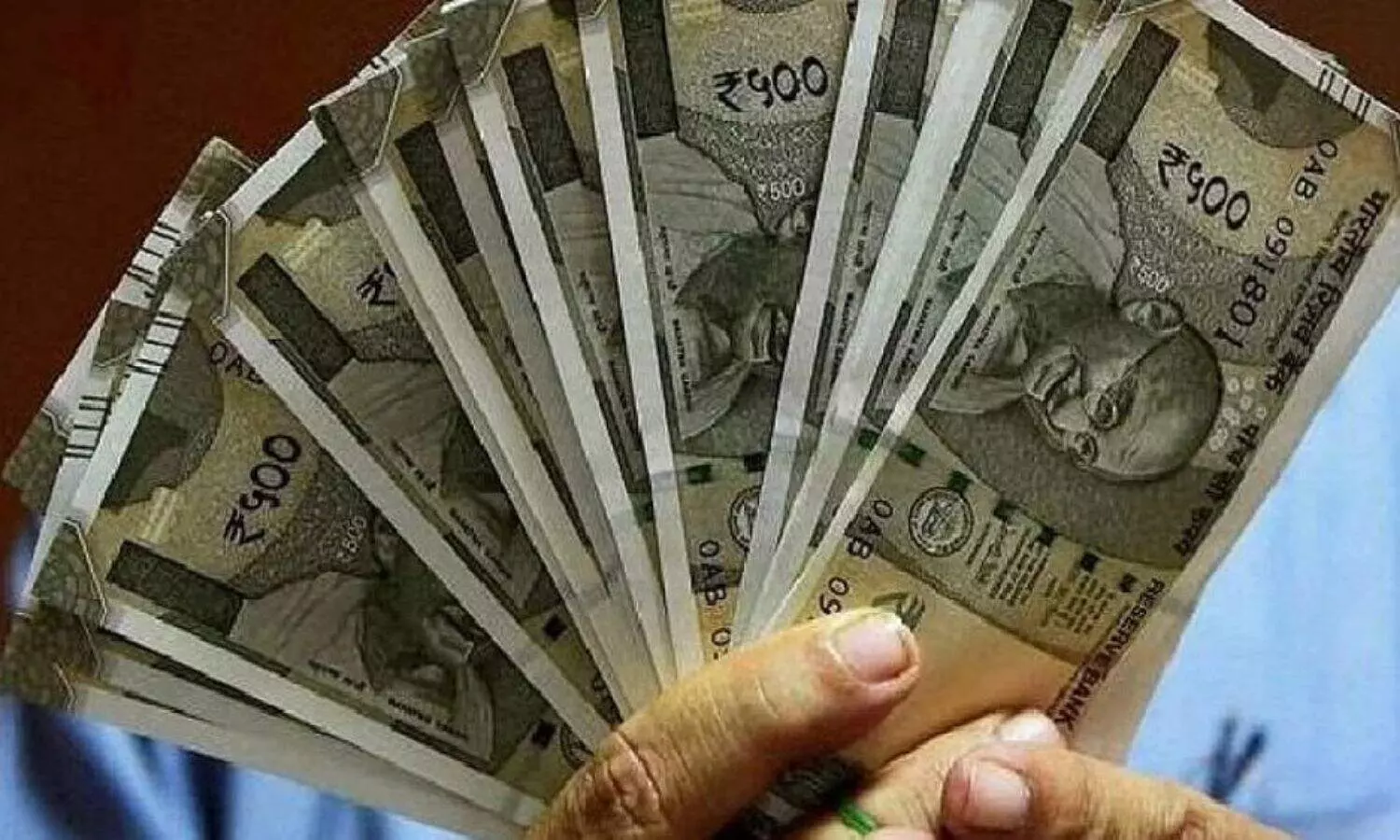DT Personal Finance: Why does everyone’s emergency fund (size) needs differ?
And when it comes to the right size of emergency fund, generally you will hear that one should set aside at least six months.;

Representative Image
CHENNAI: The importance of having an emergency fund only gets understood when emergency strikes. It is like an umbrella. You don’t need it every day. But if it rains, you can’t do without one.
An emergency fund is kind of a financial cushion or safety net that can come in handy to cover unexpected and emergency expenses like uninsured medical expenses, or loss of job/income temporarily, or some out of the blue big repair and maintenance expense.
And when it comes to the right size of emergency fund, generally you will hear that one should set aside at least six months’ worth of basic living expenses. Typically, such expenses include rent, EMIs, food, school fees, utilities, fuel, insurance premiums.
But is the six-month rule for emergency fund good enough for everyone? The answer is no. Remember, this is just a general thumb rule and may or may not be applicable to everyone.
The amount of money you need for installing your emergency fund will depend on your individual circumstances. Let’s see how to decide the size of an emergency fund that you need: Risk of job loss - If you work in a safe job with negligible risk of job loss, then you can have a smaller emergency buffer.
But if you work in industry/sector which is prone to lay offs/retrenchment or where new opportunities are limited, then ideally you need a bigger cushion of say 9-12 months’ worth of expenses. Sole / multiple earning family members - This is an obvious one.
If you are the sole earning member of your family, then a job loss for you will be disastrous for your family. So, you need a larger buffer, as the six-month buffer will not suffice. More so if you work in risky sectors as discussed in previous point. If both, you and your spouse, are working, then your family has two income streams, which is much better from a risk management perspective.
Number and health of dependants - If you have elders in the family who have periodic uninsured medical expenses, then just having a health insurance for them may not be enough. So, in such case, you should set aside some money in emergency fund specifically for medical expenses.
These are just a few of the important factors to consider when deciding the size of your emergency fund. It is quite possible that given your unique situation or requirements, the size of your recommended emergency fund may be larger.
With that clear, the next question you may have is where to park the emergency fund money? Remember that for emergency fund, its important to ensure that it is easily accessible in times of need. And not just to you but also your spouse or family (in case you are unavailable due to the emergency). So, having a combination of savings account and fixed deposits (or even liquid funds) is sufficient for parking your emergency fund money.
Many youngsters feel just having a credit card is enough for emergencies. But it is not that simple if you think a bit. No doubt credit cards provide a useful credit line that comes handy in emergencies. But once the card’s initial interest-free period is over in a few weeks, you got to repay back the money you used.
And then you will need money for that. So sooner or later, you will need emergency fund money to take care of emergency expenses. Credit cards may just buy you some time. And please make sure to reassess your emergency fund needs each year or two. As your expenses and responsibilities mount, you need to increase the size of your emergency fund as well.

